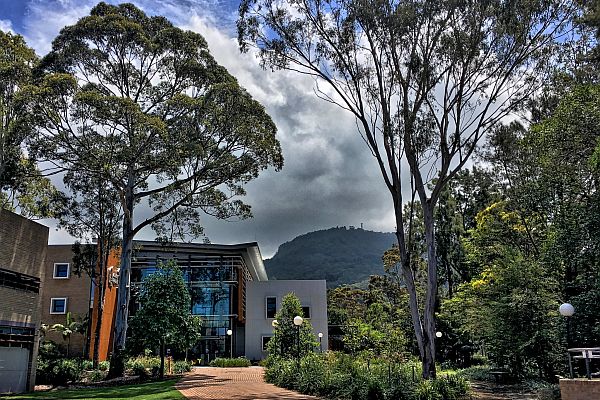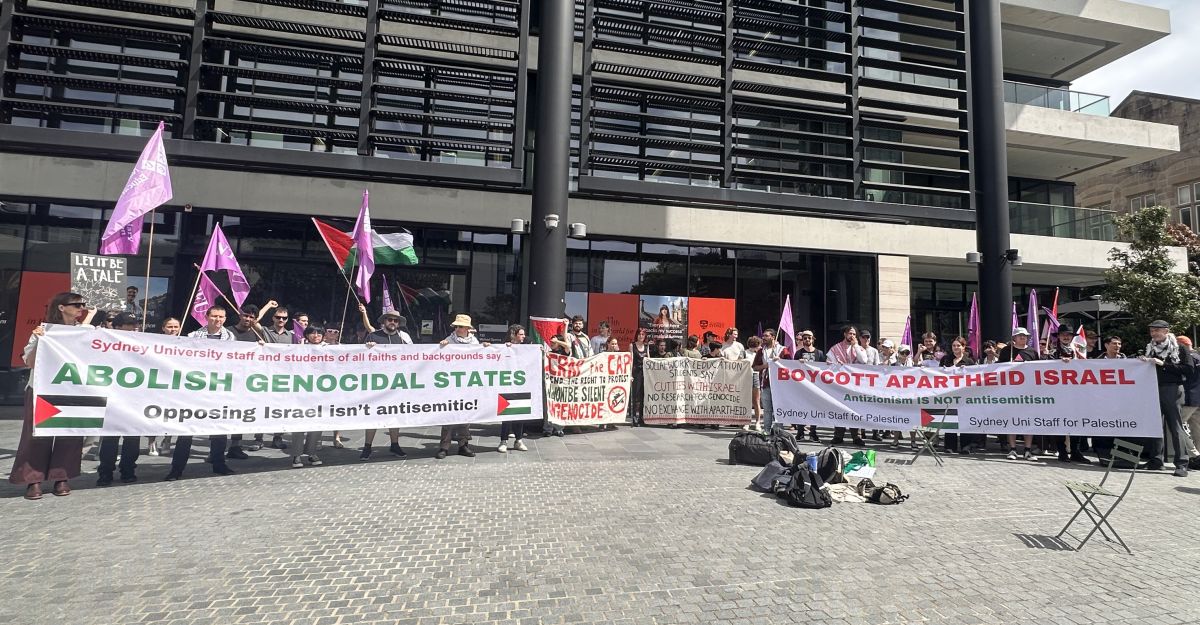Last week a scheduled talk at Australia’s largest philosophy conference caused a public furore around transgender rights and freedom of speech. Holly Lawford-Smith, a prominent University of Melbourne political philosopher, delivered a talk on ‘Women-only Spaces and the Right to Exclude’ at Australasian Association of Philosophy’s annual conference in Wollongong. This came after the UNSW Philosophy Society and I wrote a public letter condemning the talk that was co-signed by fourteen university student groups, and a protest had been planned outside the event by the University of Wollongong student union. Lawford-Smith defended the idea that women-exclusive spaces should have the right to exclude people of different biological sex, regardless of their gender, aiming to exclude people who are transgender from participating in women-only spaces. This conflicted with my own stance, as well as the general view in the student community, that transgender women have a right to participate in women’s spaces, and that Lawford-Smith’s speech amounted to defending discrimination.
The letter and protest caused uproar in the academic community. Furious academics took to Facebook and Twitter to either condemn or defend the letter. But instead of transgender rights in academia, the debate ended up focussing on the right of Lawford-Smith to speak, while the protest was cancelled due to political pressure.
Academics, especially in the humanities, make a career out of debating, challenging, and testing ideas. The argument advanced by many over the last week is that, in order for free inquiry to take place, academics must be able to explore ideas freely, without interference. I believe in this principle in general – but I also believe the way it is often applied is harmful to the purpose of academic inquiry itself. Powerful inquiry does more than describe abstract and disconnected phenomena. The case being advanced by Lawford-Smith is centres in the abstract on the relationship between sex and gender, but deals more broadly with the live political issue of transgender rights, which requires guidance on how to act in the real world.
If academic inquiry affects real social debates, are academics to be held accountable for their ideas? The argument levied against our letter was that it amounted to mobbing and undermined the ability of academics to exchange and build upon ideas freely, thus stunting the growth of useful ideas more generally. It was argued that if protests and letters of dissent were posted for every new radical concept, philosophy would be subject to a pressure that would limit its inquiry. The instinct to resist such pressures is not itself wrong. However, I would say that the question of external pressure on philosophical inquiry is far broader than political interventions from grassroots political groups alone, as we can see from recent government interventions in funding, and the established history of philanthropists or business interests directing research.
If you are noticing parallels between the debate around academic free speech and Folau’s religious freedom case, you’re not seeing double. Both question the extent to which the right to free speech applies to discrimination. In both the Folau case and the Lawford-Smith case, the issue at hand is whether to prioritise our commitment to free speech or ir commitment to fight discrimination.
I believe that nobody should be immune from the consequences of their speech. Academics do not have a special status that gives them a right to discriminate. If the point of academic inquiry, beyond debating and discovering ideas in theory, is to change the world in practice, then it should take the consequences of its research seriously. In this case, that consequence is a direct and tangible impact on the lives of transgender women and their safety and acceptance in the academic and broader community.
The letter and the call to protest were a form of accountability and are entirely justified as a response to the talk’s discriminatory content. In defending them, I’m not suggesting that the government should have a right to intervene in or legislate about these debates (even though the state intervenes in the lives of transgender people far more than any academic). What I am suggesting is that communities should have a license to question institutions or individuals who advance political ideas that are antithetical to their peaceful existence. In the case at hand, Lawford-Smith was called to account for the consequences of her speech. Flipping the script to say that the community was attacking academic freedom denies that community a reasonable method of political expression.
I do not wish to deny these issues are complicated, nor am I endorsing ‘cancel culture’ whereby people are removed altogether or see their careers ended as a result of holding discriminatory opinions when they could be held accountable for them in a productive way instead. Ultimately, however, academics should not get a free pass to discriminate without accountability. For if we deny the real impact that speech can have on people’s lives, then why is it worth defending speech at all?
Image: Alan Levine, Flickr






